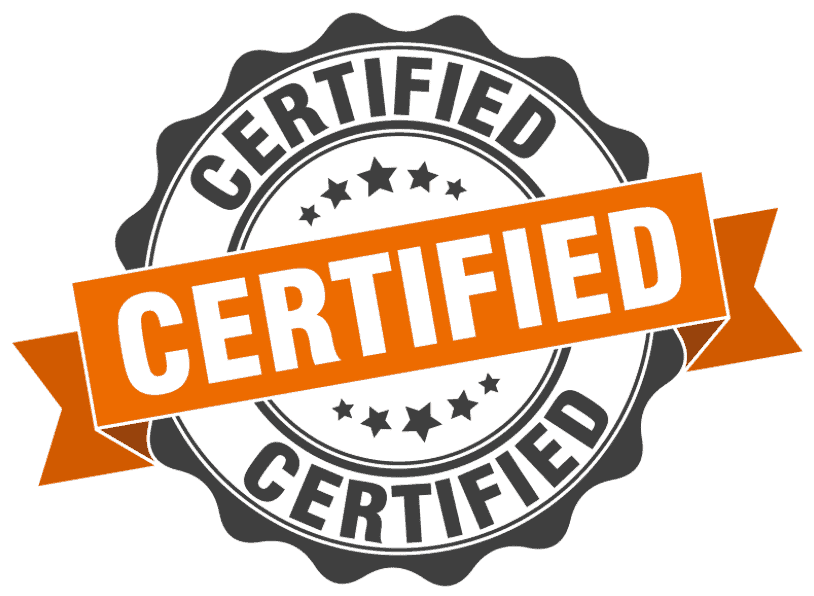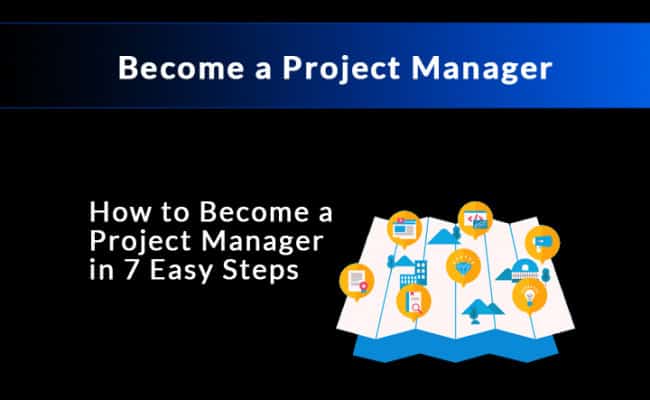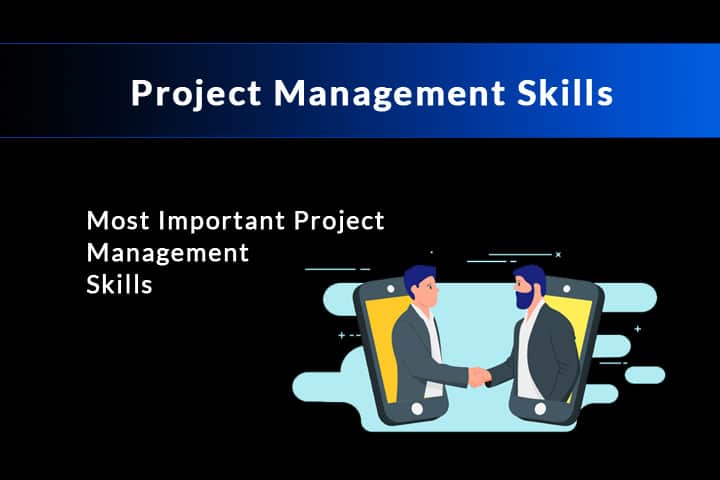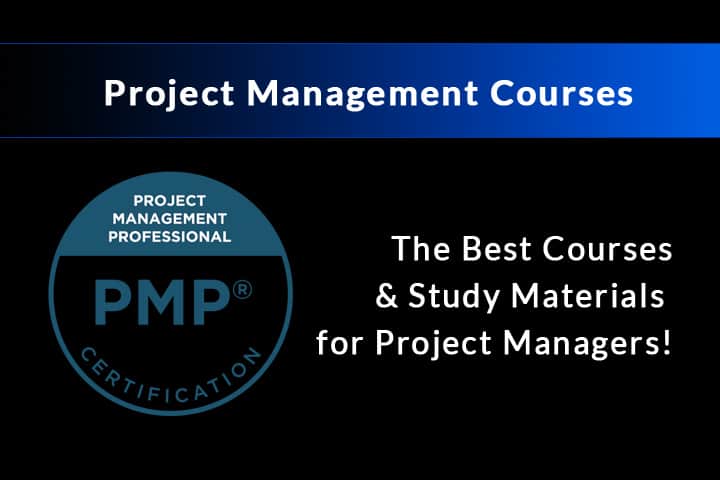We often get emails asking about certain roles and positions that people want to achieve and one of the most frequent questions we get asked is “How to Become a Project Manager”. But before we just into some of the nitty gritty details of Project Management, lets focus on finding out exactly what a Project Manager is and does.
What is a Project Manager?
A project is a piece of work that has a beginning and end, and goals that need to be met along the way in order to achieve a certain vision.
Projects can can be very complex like, building a skyscraper building, or very simple, like planning a small birthday party.
Project Management is the way a person organizes, manages, and completes a project. It may sound simple, but there is a lot that goes into managing projects.
Most projects include teams, deadlines, responsibility to stakeholders and clients, multiple different pieces that need to come together, and ultimately, the project manager is responsible for the success, or failure of said project.
If this sounds like something you would be interested in doing, here are 7 steps to point you in the right direction.
Steps on How to Become a Project Manager:
1. Start Early

As with any career, you want to start as early as possible.
By this we mean; stay in school and get good grades and build a solid and reliable work experience, with references.
Even if the experience and references aren’t in the same field as project management yet, they are a good start to get your foot in the door.
Furthermore, Stay healthy, don’t do drugs, try to keep a clean driving record, and be careful what you post on social media.
Believe it or not, many potential employers will look you up online and on social media so don’t post anything that could jeopardize your chance at a great career.
2. Gain “Project Management” Experience
Most Project Managers didn’t just graduate college and start managing complex projects right away. They started small and worked their way up.
Look at your current position, what projects can you work on?
Ask your manager how you can work on more projects or even be given the responsibility to manage them.
Projects happen every day, so be ready to work on your leadership and management skills any chance you get.
This will not only give you experience but it will be a great resume builder. There is no better way to learn the basics of project management than by actually doing the work itself.
3. People Skills

Project Management is all about people.
It is the people that do the work, so a large portion of the job is leading and coaching them to success.
Do a little research on different managerial styles, coaching methods, leadership methods, and listening skills.
If there is a manager that you respect, pay attention to how they manage their peers and teams and take note. Communication is key in project management.
4. Project Management Skills
Many of these project management skills come with experience but some more important ones to start focusing on are:
- Communication
- Organization
- Negotiation
- Mentorship Mentality
- Contract Management
- Risk Management
- Budgeting
- Scheduling
5. Technical Skills

Would you hire an accountant who doesn’t know how to use any accounting software? Most likely not!
You may land your first project management job without knowing any of the technology and tools that industries are using, but eventually they will come up.
Many organizations, especially those with larger complex projects that require teams, use project management software.
Start to familiarize yourself with some of these by looking them up online or, if you currently have a project management software at your work, poke around and learn the different modules.
Take the time to familiarize yourself because chances are, you will start using these to manage the projects you are working on.
6. Get Certified

So you’ve managed a few projects, proven that you have many of the soft skills needed, and you land your first official project management job. Congrats!
As you start different projects and they become more complex, you will start to notice certain terminology being thrown around like Kanban, Srum, Gantt Charts, Cynefin Framework and more.
If you have never heard of any of these until now, you have some learning to do, but most likely if you are thinking of getting certified, you already are familiar with some of these methodologies.
Eventually you may start thinking about taking your project management career to the next level and this is where the Project Management Professional Certification comes in.
It is the most popular and widely-recognized project management certification and on average, project manager salaries increase by 20% for those that are certified.
To get you started, here are some great courses that you can do online, and at your own pace.
7. Network

Once you get into the project management world, start to network.
Keep in contact with other project management professionals and ask for reference information from team-mates and managers who you have worked with.
Keep your LinkedIn updated with new project successes, new skills and new technologies that you learn along the way.
Once you become PMP Certified, you become part of a network of over 700,000 other certified professionals. Use that to look for new opportunities and stay on top of the game.



